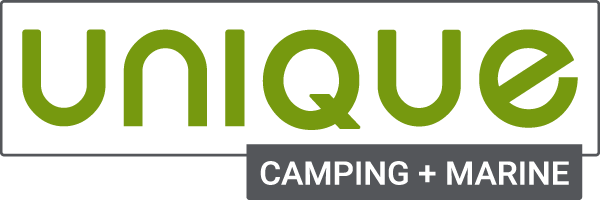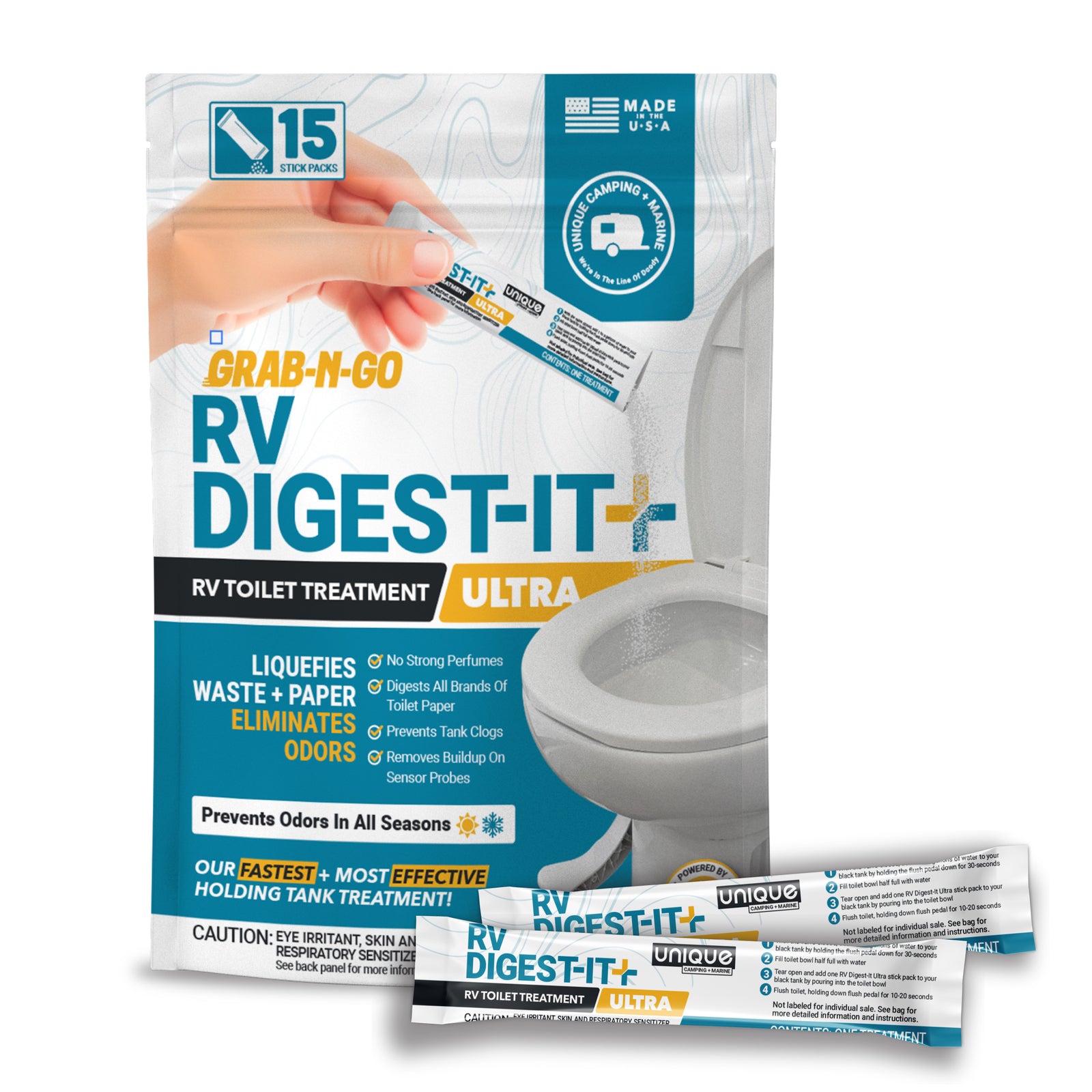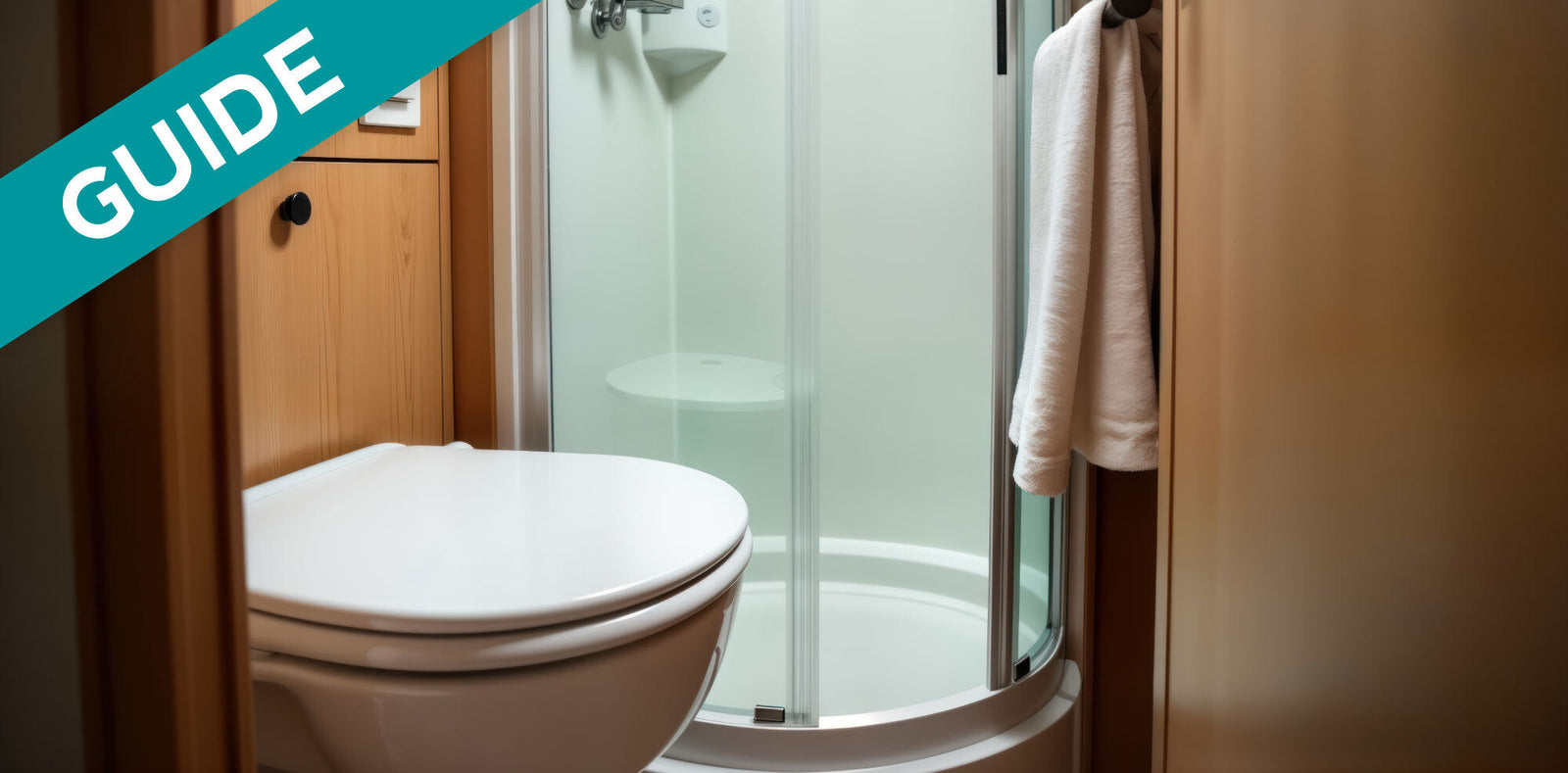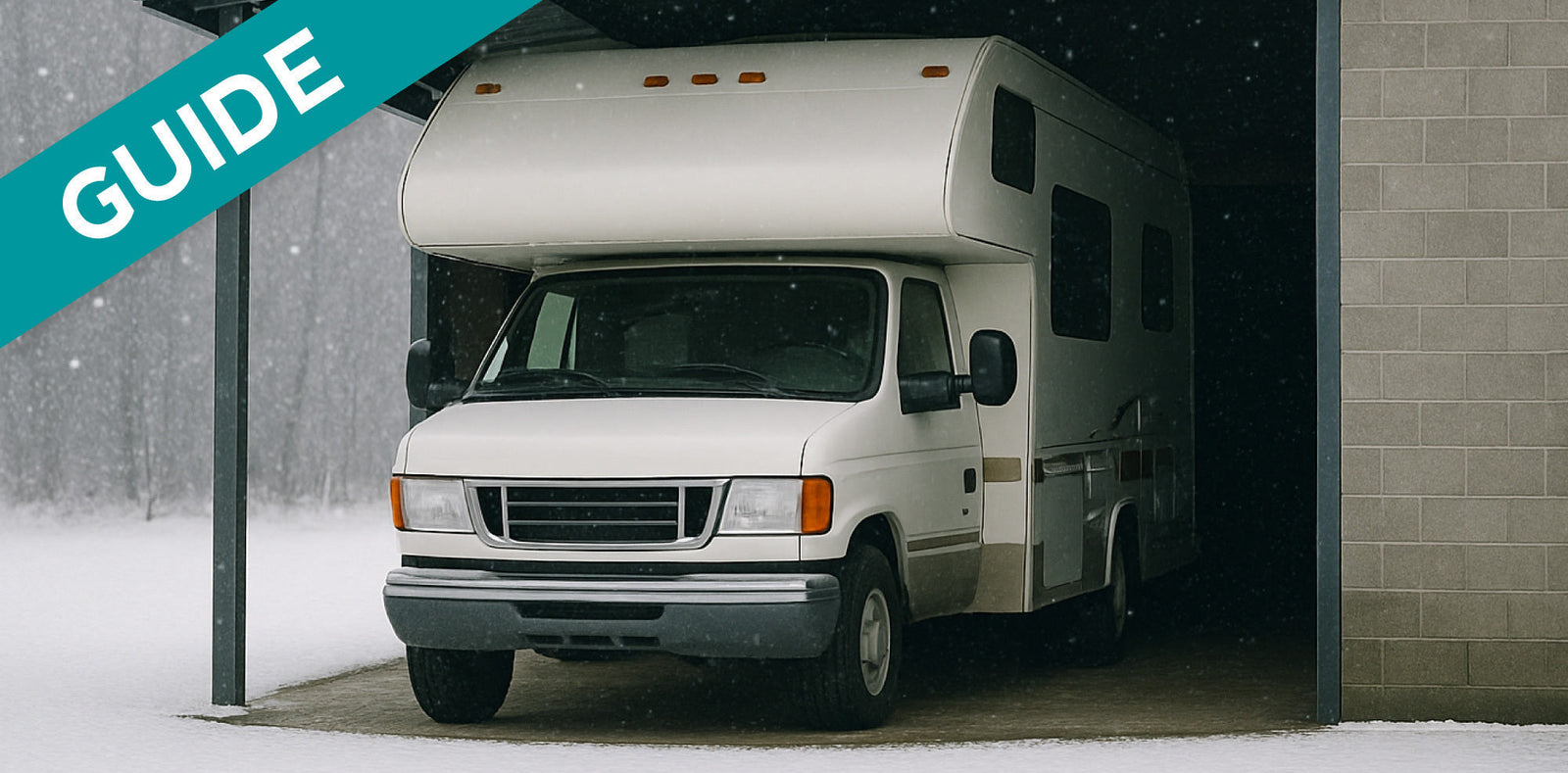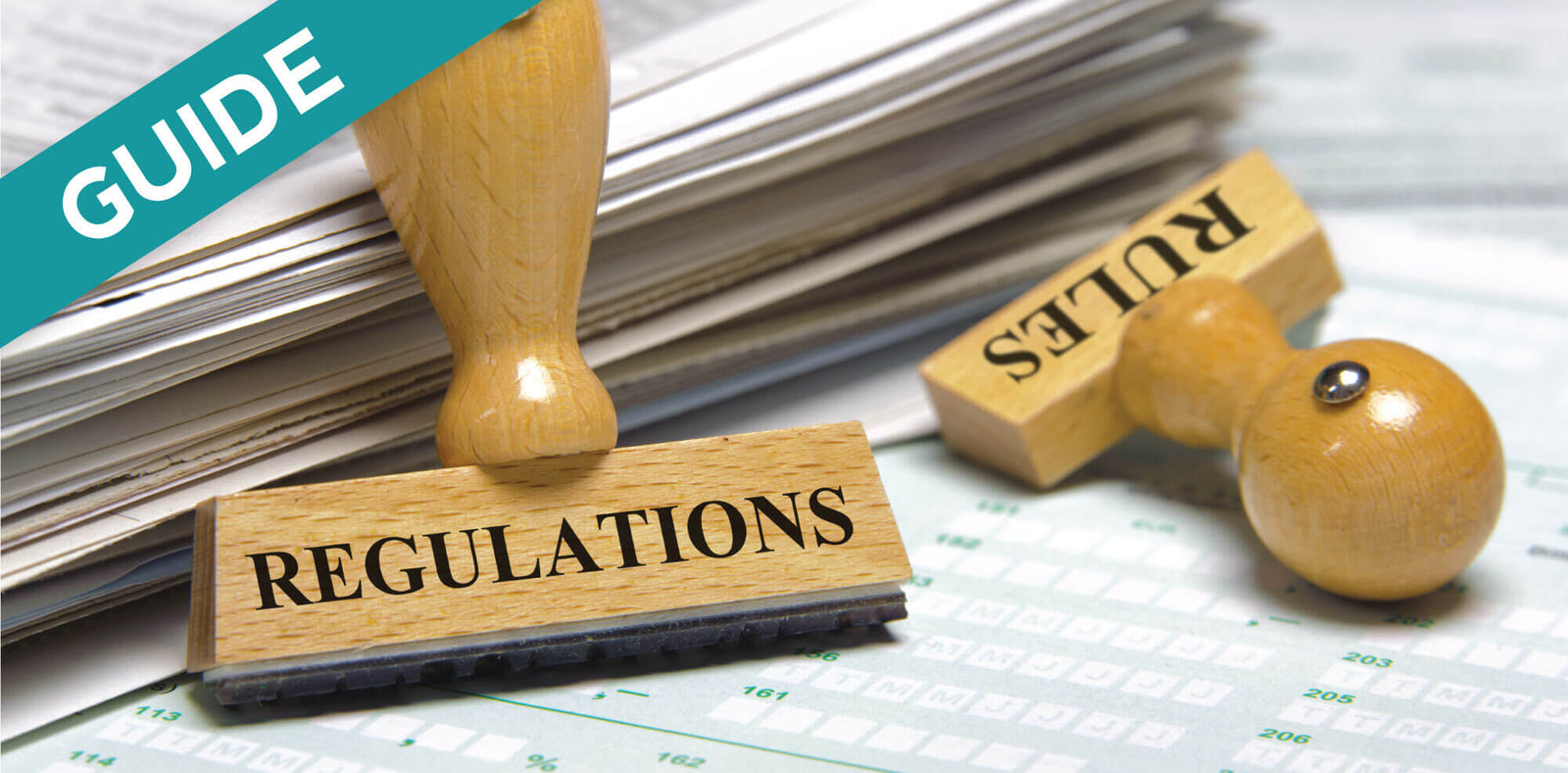
California's SB-317 - What It Means For You
* Please note that this guide is meant for educational purposes only and is not intended to offer legal advice. Please contact a lawyer or your company’s legal team if you have any additional questions
Key Points:
- California’s SB-317 bill bans the use of certain chemicals in RV holding tank treatments and also prevents stores from selling treatments containing restricted chemicals.
- The bill also requires campgrounds to enforce rules that ban people from using treatments if their campground utilizes a septic system, onsite wastewater treatment system, or subsurface disposal system to dispose of recreational vehicle wastewater.
- Using a high-quality, bacteria-based RV holding tank treatment as well as other SB-317 compliant products in your RV you have no reason for worry.
To many people, especially those new to RVing, SB-317 might just be a nondescript, meaningless code that doesn’t affect them in any way. To others though, particularly avid RVers in California, SB-317 affects many aspects of travelling in an RV in the Golden State. What SB-317 is and how it affects you as a traveler can be confusing, so in this guide we’ll aim to break down what California’s SB-317 bill is and what it means for you as an RVer.
What is California’s SB-317 Bill?
At its most basic level, California’s SB-317 bill bans the use of certain toxic chemicals as ingredients in RV holding tank treatments. The bill comes on the heels of concerns about pollution in California because of toxic chemicals that make their way into the groundwater via septic systems at RV campgrounds, RV parks, or other dumping sites. In addition, there are several cases in which RV campgrounds’ septic systems experienced complete failure because of waste filled with toxic chemicals. All in all, the bill seeks to limit the environmental and practical impact of toxic chemicals that are often found in RV holding tanks.
What Chemicals Are Banned by SB-317?
A couple of the most notable chemicals that the bill bans are formaldehyde and bronopol. As you may already know if you've read some of our other blogs, RV holding tank treatments that use formaldehyde and bronopol will kill beneficial bacteria in RV black tanks and septic systems. When this occurs, a holding tank system will fail to treat waste effectively, which means that solids can pass out of the septic tank, clog the leach field, and cause the entire system to discharge inadequately treated wastewater into the ground. SB-317 seeks to keep this from happening.
Chemicals that CA SB-317 bill bans:
- Formaldehyde
- Bronopol
- Dowicil
- Formalin
- Glutaraldehyde
- Paraformaldehyde
- Para-dichlorobenzene
- Benzene
- Toluene
- Xylene
- Ethylene glycol
- 1,1,1-trichloroethane
- Trichloroethylene
- Perchloroethylene”
Not only does California’s SB-317 bill ban the use of these chemicals in RV holding tank treatments, it also addresses the issue at its source, banning companies from including these chemicals in RV holding tank treatments that can be sold within the state of California.
If you would like to read California’s SB-317 bill for yourself, click here.
What Do You As A Traveler Need to Do?
In light of the previous section, the simplest way to make sure you don’t violate SB-317 is to purchase and only use products that do not contain the aforementioned chemicals. In fact, The best way to treat an RV black tank or a septic system is with a bacteria and enzyme treatment, like Unique RV Digest-It Plus, not just for the sake of SB-317 but also for the sake of properly maintaining your holding tank systems in your RVs. For more information about treating your holding tanks the right way, we suggest you look into using The Unique Method. This is a whole-tank approach to keep your holding tanks clean and clear at all times.
What Do Campgrounds Need to Do?
In addition to not using products containing banned chemicals, there are other things you’ll need to make sure you do as a campground in order to be in compliance with SB-317. The bill states, “Under the act, persons discharging waste are required to file with the appropriate regional board a report of the discharge and the discharge is subject to waste discharge requirements prescribed by that regional board.” In other words, if you are a campsite, travel center, RV park etc. with RV dump stations onsite, you’ll need to file a report with the appropriate authorities. We recommend that you check with your local authorities, a full link to California SB-317 rules can be found here.
In addition to reporting your dumping, campsites, travel centers, and RV parks must display a sign making guests aware of changes to California law. We have made a sign that is compliant with these rules here:
Download Our SB-317 Compliant Sign
Conclusion
While it can seem complicated, California’s SB-317 bill shouldn’t negatively affect you as long as you follow its fairly simple requirements for both campers and campground owners. We understand that this is a complicated topic, so if you have any further questions, concerns, or comments, please don’t hesitate to reach out to us. We’d love to chat with you!

Prevent Common Problems In Your Tanks!
From misreading sensors, preventing clogs, or eliminating odors, we've got you covered no matter how you camp! All our best holding tank tips and trick information plus more can be found conveniently in one place when you download our FREE Unique Method Field Guide PDF. Achieve holding tank bliss today!
Get The Free Download Get The Free Download